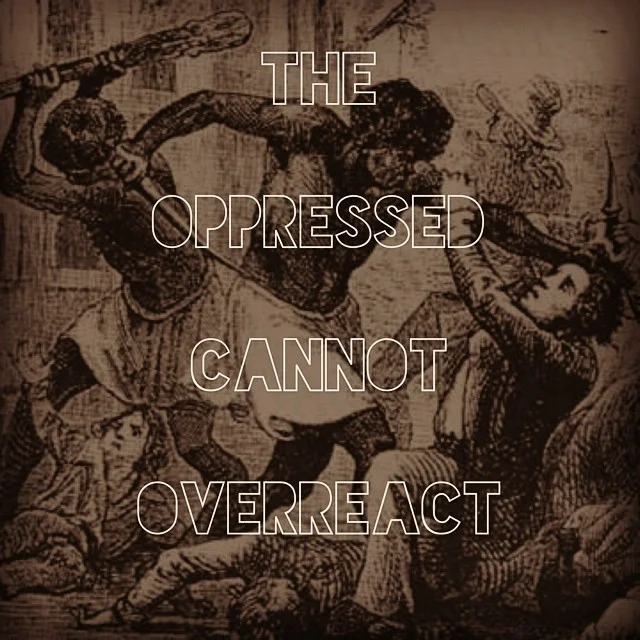Palestinian Resistance and the Failure of the Privileged

Can you imagine yourself in the year 1791 . . . when the latest slave revolt in Haiti had just spawned a revolutionary war?
What about in the year 1831 . . . when Nat Turner's rebellion had just claimed the lives of some sixty colonizers?
How about the year 1866 . . . when Red Cloud and his forces had just slaughtered eighty-one U.S. troops?
At the time of their occurrence, these events surely ignited fierce reactions across the entire spectrum of thought and emotion. Toward those who confronted their aggressors with violent resistance - some felt fear, disgust and condemnation. Others felt sympathy, gratitude and camaraderie.
The same split exists today with respect to the conflict between Apartheid Israel and Occupied Palestine. As long as the indigenous people suffer silently, their plight remains an afterthought to the privileged. Oh, but when Palestinians respond to Israel's violence in kind, emotions seem to suddenly flare up. Some disagree with Palestinian tactics on strategic grounds. Others condemn their manner of resistance for moral reasons.
In either case, such criticism smacks of failure. A failure to imagine oneself on the receiving end of the misery endured by a Nat Turner, or a Red Cloud, or a freedom fighter in Gaza. A failure to appreciate the inherent humanity of the African, of the Native American, and of the Palestinian. A failure to analyze and critique the effectiveness of different methods of struggle. A failure to acknowledge the variety and degree of subjugation inflicted upon working people worldwide.
Regardless of which method of resistance we prefer, we who do not live under military blockade and occupation have no room to denounce the actions of those who do. As a matter of strategy, strict adherence to nonviolence spells disaster. History teaches us that a diversity of tactics (nonviolent direct action, as well as combative resistance) is most effective at making gains toward liberation. On the wholly subjective issue of morality, judgment must give way to questions. Who are we to tell someone else how to hurt? How to endure? How to fight?
Our comrades who struggle against their wretched conditions have no use for anyone's contempt; they get enough of that from their oppressors. Whether it’s 18th century Haiti or 19th century Virginia or 21st century Palestine, those fighting for liberation deserve our solidarity, if not our appreciation. Absent such consideration, silence is better than scorn.
